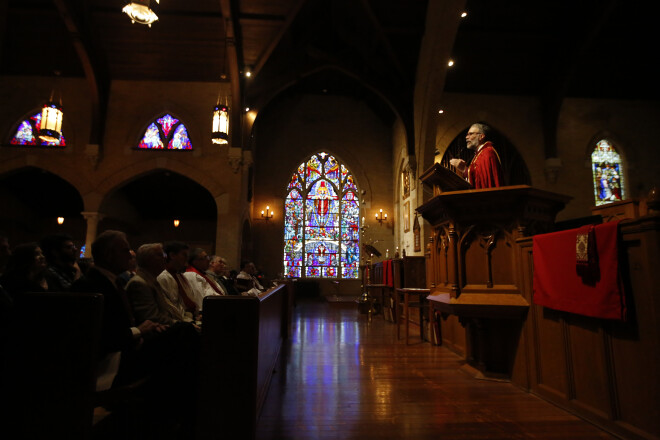An Ancestor in the Faith

What is the heresy of our time? Experience- supposing that our feelings and impressions are the norm for Christian faith and action. In the name of personal subjectivity, we make ourselves the measure of all things.
Most all the great assertions of the Christian faith are true, but....certain qualifications are required. So the Christian life is about offering to God all of yourself- that means heart as well as mind. And Christian understanding knits together thought, will, and feeling, or better yet imagination, but under the guidance of the Word of God. But what about the Holy Spirit? It must not be quenched, but discerning the Spirit's movements depends precisely on that Word.
All this comes to my mind as I read my recent birthday present, 'Mariner,' a study of the life of Samuel Taylor Coleridge by the Anglican priest, poet, and scholar Malcolm Guite. As you may recall from schooldays, he was one of the great and original romanticist poets. The book describes how the era of industrialization in many ways resembled our 'post-' era. He was an adamant proponent of abolition. His struggles with depression and substance abuse are not strange to our time. At times his views felt more like pantheism or deism. The alienation and final redemption in the poem 'Rime of the Ancient Mariner' may be seen in his life (and ours). And by the end of his life Coleridge came to a deep, traditional, 'owned' faith in his home Church of England. He was finally able to see how experience, trauma, the striving for justice, personal spiritual journey, and imagination find their home as aspects of the 'confessions of an inquiring spirit' which is orthodox as well. As such he became a key example of a faithful modernism, something the Church after him still struggles to find.
+GRS



